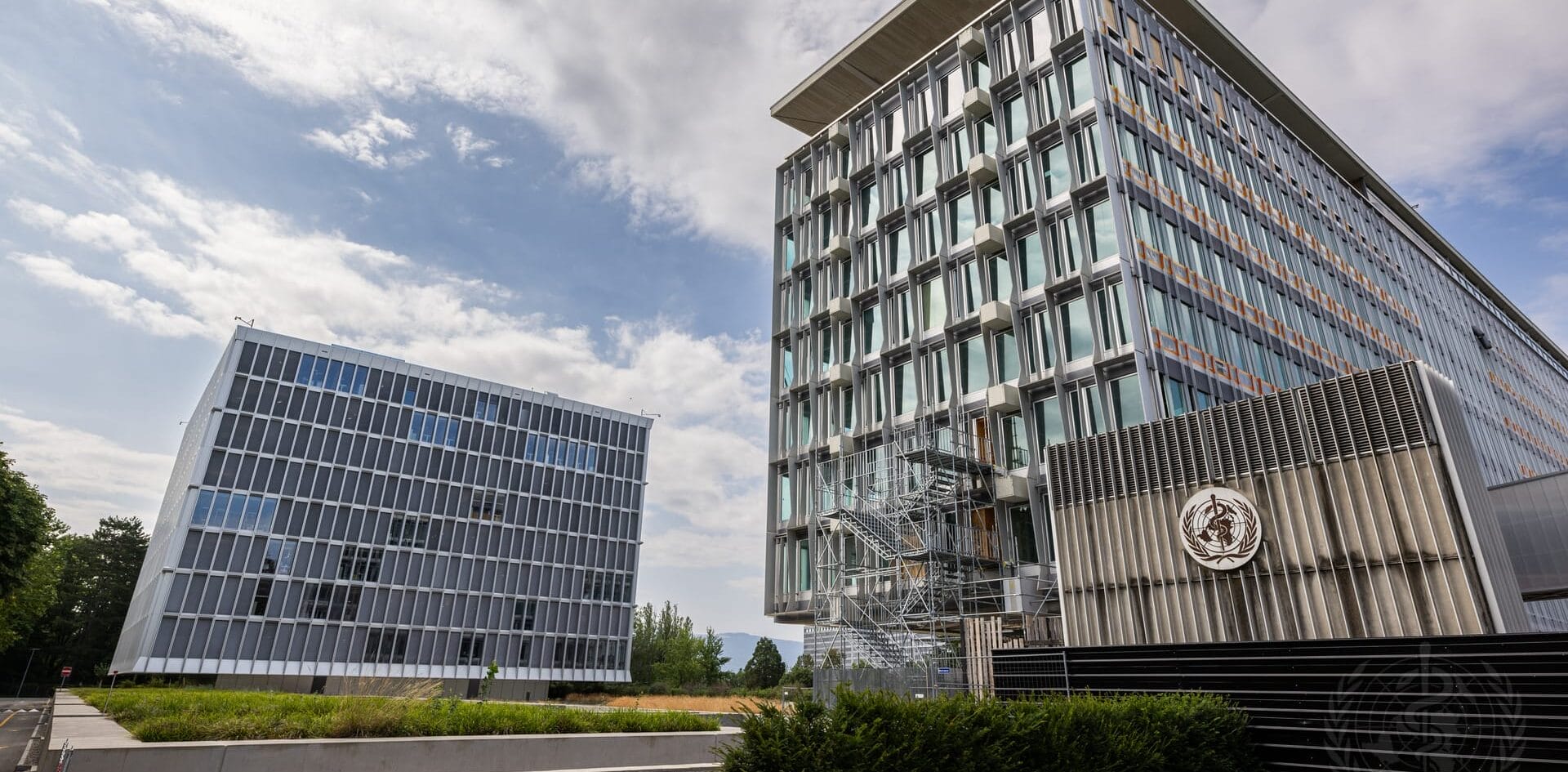
Topic Description
Polio, a highly infectious viral disease that primarily affects children under five, can cause permanent paralysis and, in some cases, be fatal. The WHA’s focus on polio eradication is driven by a resolution it made in 1988 to completely stop this virus, thereby ensuring that no child ever suffers polio-paralysis.
The cornerstone of the polio eradication strategy is widespread immunization. The WHA emphasizes the importance of maintaining high vaccination coverage, particularly in regions where polio is still endemic or where there is a risk of reintroduction. This involves routine immunization programs, supplementary immunization activities (SIAs), and the use of both oral polio vaccines (OPV) and inactivated polio vaccines (IPV) to ensure comprehensive protection against all strains of the virus.
Surveillance is another critical component of the polio eradication efforts. Robust monitoring systems are essential for detecting and responding to any cases of polio promptly. Therefore, the WHA urges MS to establish and maintain sensitive surveillance networks that include both acute flaccid paralysis (AFP) surveillance and environmental surveillance. These systems help identify the presence of poliovirus in communities, enabling rapid public health responses to prevent further transmission.
In the event of a polio outbreak, rapid and effective response measures are crucial to containing and eliminating the virus. This includes mass vaccination campaigns, thorough contact tracing, and targeted health interventions to stop the spread. International coordination and support are often necessary to ensure a unified and efficient response.
Sustaining political and financial commitment is vital for the success of polio eradication efforts. The WHA calls for continued investment from governments, international organizations, and donors to fund immunization programs, surveillance activities, and outbreak responses. Advocacy and communication strategies are employed to maintain high levels of political will and public awareness about the importance of polio eradication.
Furthermore, the WHA recognizes the need for integrating polio eradication efforts with broader efforts to strengthen health systems. By aligning polio activities with other health initiatives, such as routine immunization and maternal and child health programs, the benefits of eradication efforts can be maximized, leading to overall health system improvements.
In summary, the WHA’s focus on polio eradication encompasses comprehensive immunization programs, robust surveillance, effective outbreak response, sustained commitment, and integration with broader health systems. These efforts aim to achieve a polio-free world, safeguarding the health of future generations and ensuring that no child is at risk of polio paralysis.
Join our mailing list!
Sign up form
Or stay up to date with the latest WIMUN news by following us on social media!



